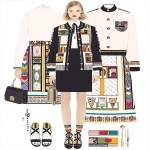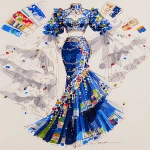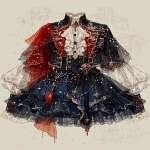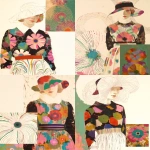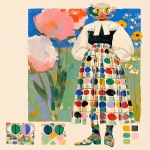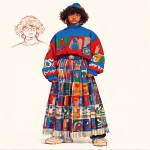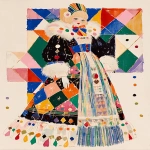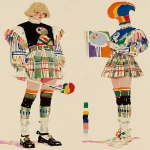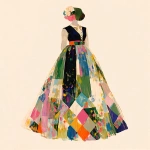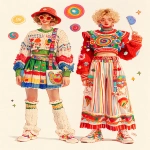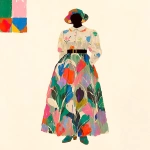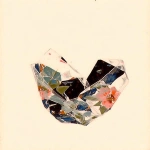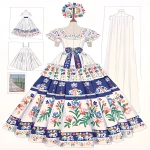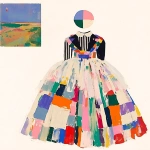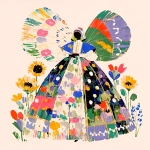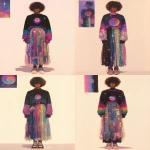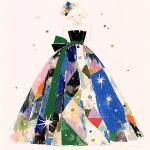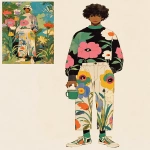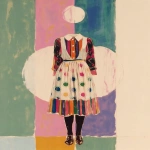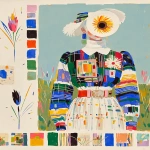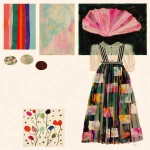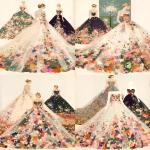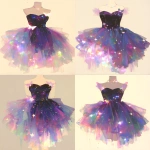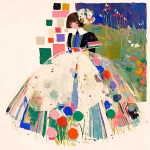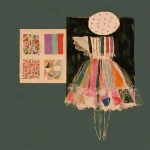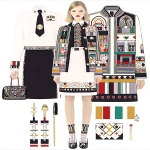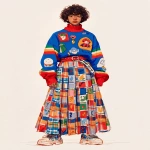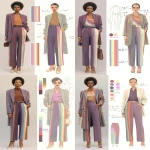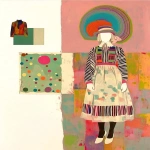Explore the Best AI Image Gallery
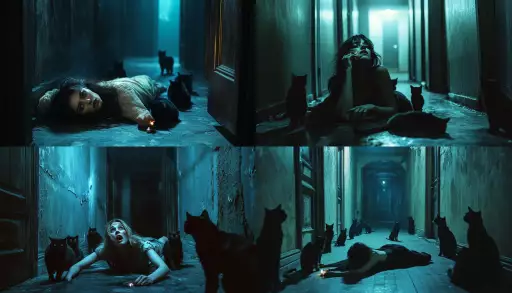
Beyond the Canvas: Blockchains Transformative Impact on the Creative Industry
The intersection of art and technology has always been a fertile ground for innovation. From the advent of photography to the digital revolution, each new wave of technological advancement has reshaped how we create, consume, and experience art. Today, blockchain technology stands poised to usher in another paradigm shift, fundamentally altering the landscape of the creative industry.
Blockchain, a decentralized and immutable ledger system, offers a unique set of capabilities that are particularly well-suited to address some of the longstanding challenges faced by creators. By providing transparency, security, and ownership rights, blockchain empowers artists, musicians, writers, and other content creators in ways never before imagined.
Applications of Blockchain in the Creative Industry
- Digital Art & NFTs: Non-fungible tokens (NFTs) have taken the art world by storm, allowing artists to tokenize their digital creations and sell them as unique, verifiable assets. Blockchain ensures the authenticity and provenance of these artworks, giving collectors confidence in their purchases.
- Copyright Protection & Licensing: Blockchain can help artists secure copyright protection for their work by creating an immutable record of ownership and creation timestamps. Smart contracts can automate licensing agreements, streamlining the process and ensuring fair compensation for creators.
- Music Distribution & Royalties: Blockchain-based platforms enable musicians to distribute their music directly to fans, cutting out intermediaries and retaining a larger share of revenue. Smart contracts can automatically handle royalty payments, ensuring artists are fairly compensated for each stream or download.
- Creative Collaboration & Crowdfunding: Blockchain facilitates transparent and secure collaboration among artists, allowing them to co-create projects and share ownership. Decentralized platforms enable crowdfunding campaigns, giving fans the opportunity to directly support their favorite creators.
Benefits of Blockchain for Creators
- Increased Transparency & Trust: Blockchain provides an immutable record of transactions and ownership, fostering transparency and building trust between creators and consumers.
- Direct Connection with Fans: Blockchain-based platforms empower artists to connect directly with their fans, bypassing traditional gatekeepers and building stronger relationships.
- Ownership & Control: Creators retain full ownership and control over their work, determining how it is licensed, distributed, and monetized.
- Fairer Compensation & Royalties: Smart contracts automate royalty payments, ensuring creators are fairly compensated for their work.
Ethical Considerations
While blockchain offers tremendous potential for the creative industry, it also raises important ethical considerations:
- Digital Divide & Accessibility: Ensuring equitable access to blockchain technology and its benefits is crucial to avoid exacerbating existing inequalities in the creative sector.
- Data Privacy & Security: Protecting sensitive artist data stored on blockchain platforms is paramount. Robust security measures and user consent protocols are essential.
- Copyright Infringement & Authenticity: While blockchain can help combat counterfeiting, its important to develop robust mechanisms for verifying the authenticity of digital artworks and preventing unauthorized copying.
- Algorithmic Bias & Fairness: As blockchain platforms increasingly rely on algorithms, its crucial to address potential biases in these systems to ensure fair representation and opportunities for all creators.
Future Trends
The future of blockchain in the creative industry is bright. We can expect to see:
- Greater Integration with Virtual & Augmented Reality (VR/AR): Blockchain will play a key role in enabling immersive and interactive art experiences within VR and AR environments.
- Decentralized Creative Platforms & Marketplaces: More decentralized platforms will emerge, empowering creators to directly connect with audiences and control their works distribution.
- Tokenization of Intellectual Property (IP): Blockchain will facilitate the fractional ownership and trading of IP rights, opening up new avenues for investment and collaboration in the creative sector.
- AI-Powered Creative Tools & Content Generation: Blockchain can integrate with AI algorithms to enhance creative processes, enabling artists to generate novel content and explore innovative artistic expressions.
As blockchain technology continues to evolve, its impact on the creative industry will undoubtedly be profound. By embracing these advancements responsibly and ethically, we can unlock new possibilities for artistic expression, empower creators, and shape a more inclusive and equitable future for the world of art and culture.


